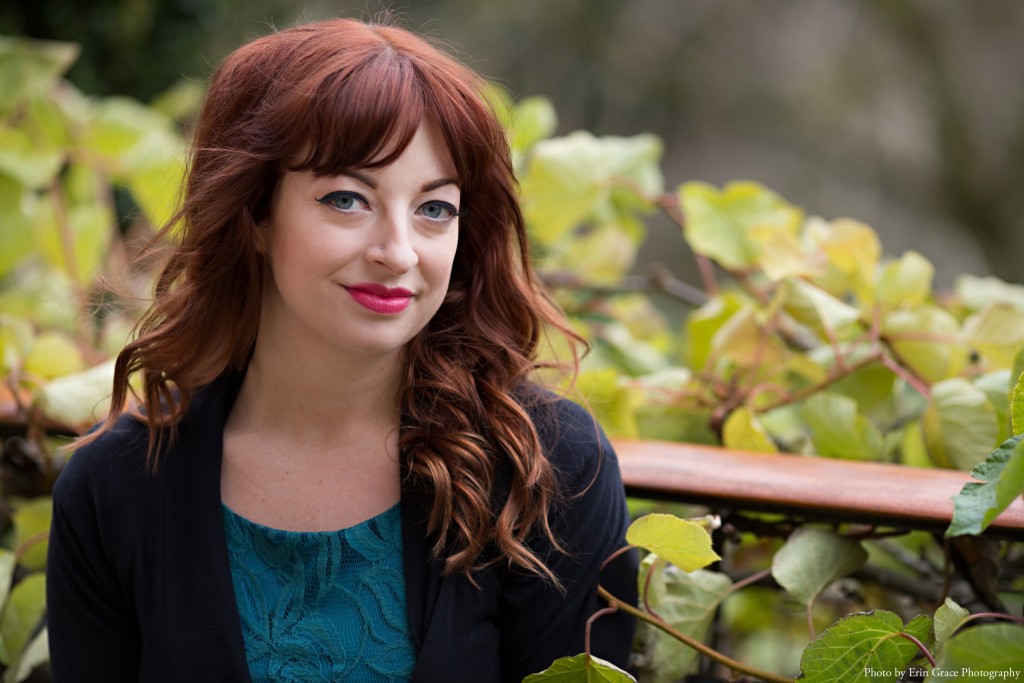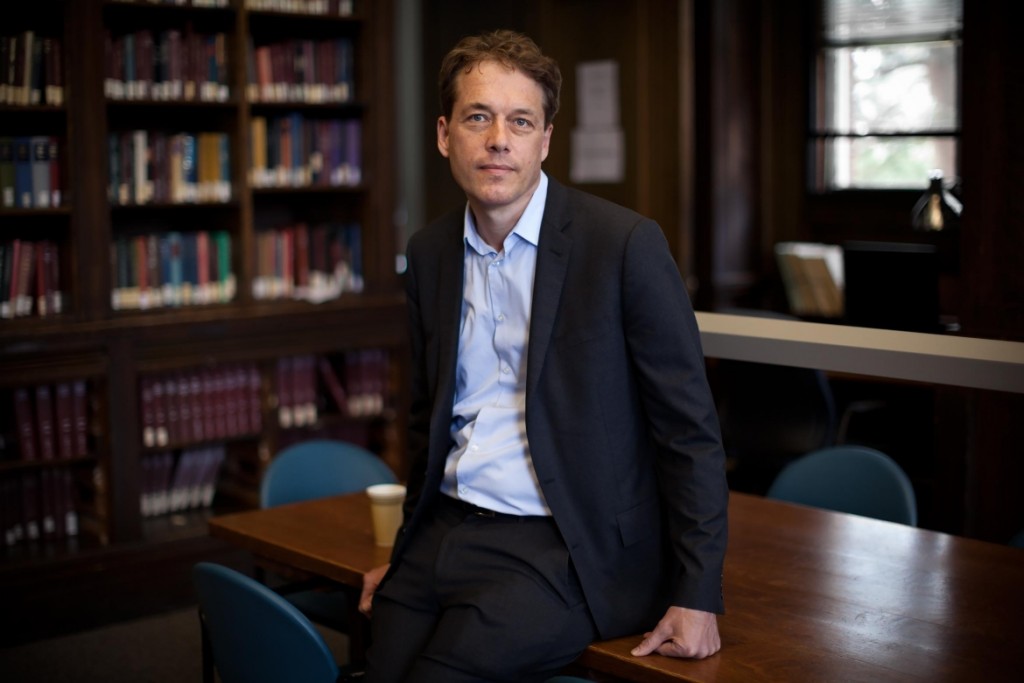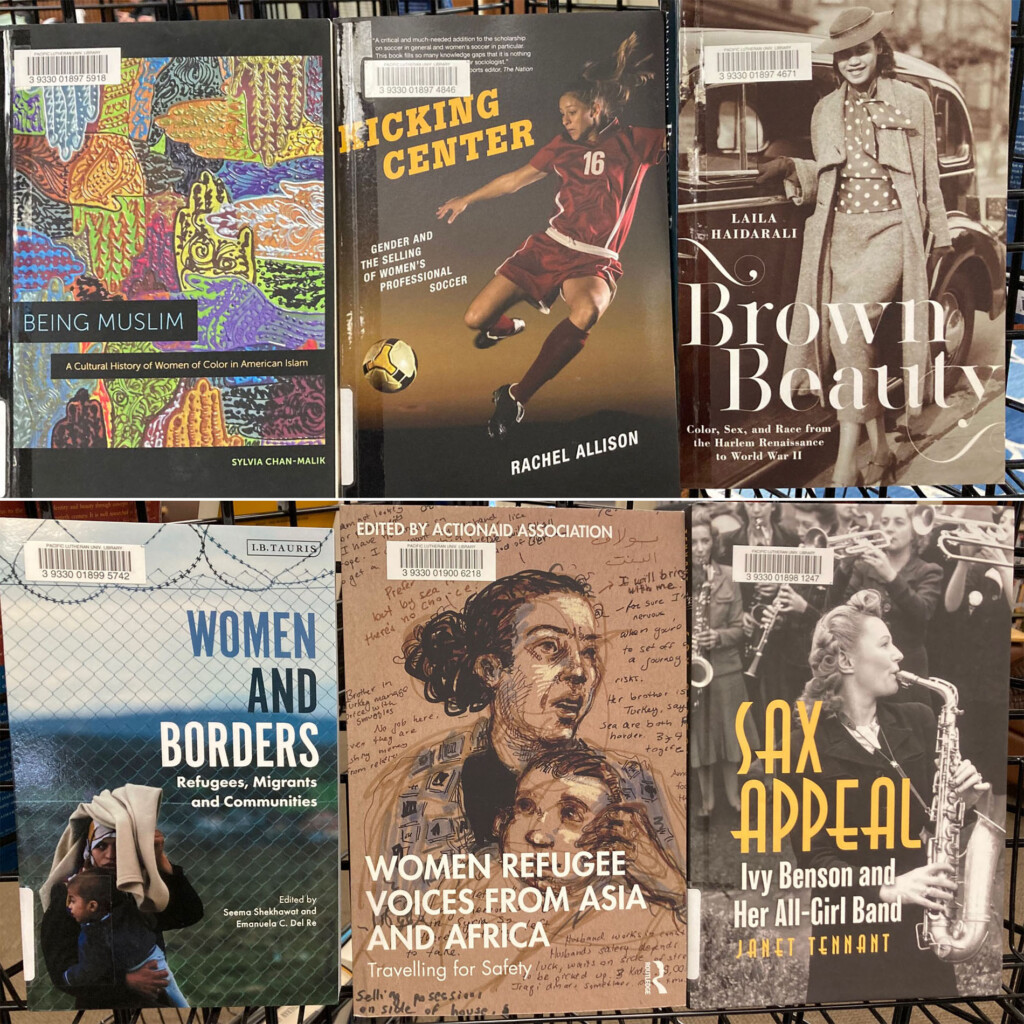Page 20 • (445 results in 0.017 seconds)
-
Job Summary: The Laboratory internship is a temporary, paid position based in Marshfield, WI for approximately 12 weeks over the summer. The Intern will work under the direction of PhD Geneticists. Responsibilities: The primary project will focus on examining the impact of novel splicing variants…
plasmid platform. The secondary project will focus on retrospectively collecting interpretation information for a future database project for copy number variants. Additional projects may be assigned as company needs dictate and personal interests of the intern. Read relevant literature, perform laboratory work, and present findings related to test development. The student will have the opportunity to learn about genetic testing including Sanger and NextGen sequencing and array CGH technologies. At
-
Job Summary: The Laboratory internship is a temporary, paid position based in Marshfield, WI for approximately 12 weeks over the summer. The Intern will work under the direction of PhD Geneticists. Responsibilities: The primary project will focus on examining the impact of novel splicing variants…
plasmid platform. The secondary project will focus on retrospectively collecting interpretation information for a future database project for copy number variants. Additional projects may be assigned as company needs dictate and personal interests of the intern. Read relevant literature, perform laboratory work, and present findings related to test development. The student will have the opportunity to learn about genetic testing including Sanger and NextGen sequencing and array CGH technologies. At
-

Like many students, Heven Ambachew ’24 wasn’t yet sure of her major when embarking on her PLU journey. Four years later, thanks to PLU’s individualized major pathway, she is the university’s first graduate with a major in innovation studies . Innovation Studies at PLU Courses…
individualized major pathway, she is the university’s first graduate with a major in innovation studies. Innovation Studies at PLUCourses in the Innovation Studies minor teach fundamental skills like design thinking, collaboration, and building an entrepreneurial mindset. You then form teams and develop your own solutions to contemporary problems and strategic opportunities. An Innovative Major Ambachew’s family moved to the United States from Ethiopia. She first heard about PLU from her older sister, who
-

By Zach Powers PLU Marketing & Communications TACOMA, WA (Jan. 5, 2014) —Pacific Lutheran University alumna Leslye Walton has been nominated for the prestigious William C. Morris YA Debut Award for her novel The Strange and Beautiful Sorrows of Ava Lavender . First awarded in…
a first-time author writing for teens and celebrates impressive new voices in young adult literature.” Walton, who graduated from PLU in 2004 with a B.A. in Education, says the nomination means the world to her. “I think one of the things I’ve ever wanted in life was to publish a novel that has one of those delicious medallions on the cover,” she explains. “It’s the dream!” “Being nominated for the Morris Award is a bit like being nominated for an Oscar in our world—it’s absolutely huge!” says
-

The Richard D. Moe Organ Series has an exciting lineup of performances planned for the 2018-19 academic year. The upcoming October 21st performance will be the 20th Anniversary Concert of the Gottfried and Mary Fuchs Organ and feature PLU’s own music faculty and student performers.…
Porter, Organist Widely known as a performer in the United States and in Europe, Dr. Porter has also achieved international recognition for his skill in improvisation in a wide variety of styles, ancient and modern. Read Previous Elise Rodrigues ’15 voted Eatonville School District Teacher of the Year Read Next A PLU Christmas, Winter Rose LATEST POSTS PLU’s Director of Jazz Studies, Cassio Vianna, receives grant from the City of Tacoma to write and perform genre-bending composition April 18, 2024
-

On October 9, 2019, the PLU community welcomed Sven Beckert of Harvard University to give the 15th Annual Dale E. Benson Lecture in Business and Economic History. The lecture took place at 7:30 p.m. in the Chris Knutson Lecture Hall, located in the Anderson University…
curriculum, the lecture is designed to encourage the study of business organizations, entrepreneurs, workers, products, and consumers, as well as the economic forces that have shaped contemporary culture and society. For more information, contact Benson Family Chair Michael Halvorson (halvormj@plu.edu). Read Previous What Game of Thrones Teaches Us About Innovation Read Next Life Under Drones Symposium LATEST POSTS INOV 350: Innovation Seminar in Spring 2025 November 21, 2024 Have you considered an
-

TACOMA, WASH. (Sept. 11, 2018) — Pacific Lutheran University welcomes the I Am Psyched! National Tour to campus, where it will be housed in the Mortvedt Library until Sept. 24. I Am Psyched! is a multimedia initiative launched by the American Psychological Association Women’s Programs…
it will be housed in the Mortvedt Library until Sept. 24.I Am Psyched! is a multimedia initiative launched by the American Psychological Association Women’s Programs Office to explore the history and contemporary contributions of women of color in psychology as they engage in psychological science, practice and social justice. The I am Psyched! National Tour got started in early 2017 with an installation at Howard University in Washington, D.C. The exhibit traveled across America to 12
-

Cover art Cross of Life by Tom Stancliffe Intersections, Number 52, Fall 2020 Intersections is a publication by and largely for the academic communities of the twenty-seven institutions that comprise the Network of ELCA Colleges and Universities (NECU). Each issue reflects on the intersection of…
institutions, especially as these intersect with contemporary challenges, opportunities, and initiatives. This issue goes right to the heart of our calling to care for and challenge students – even and especially in these difficult days. Preview essays in this issue with the individual links below: A New Image for an Ancient Call: Lutheran Higher Education Amidst Pandemics Today Caryn D. Riswold Learning from Luther on Covid-19 Carl Hughes Radical Hospitality on Haunted Grounds: Anti-Racism in Lutheran
-

On October 9, 2019, the PLU community will welcome Sven Beckert of Harvard University to give the 15th Annual Dale E. Benson Lecture in Business and Economic History. The lecture will take place at 7:30 p.m. in the Chris Knutson Lecture Hall, located in the…
Innovation Studies curriculum, the lecture is designed to encourage the study of business organizations, entrepreneurs, workers, products, and consumers, as well as the economic forces that have shaped contemporary culture and society. For more information, contact Benson Family Chair Michael Halvorson (halvormj@plu.edu). Read Previous Celebrate Computer Education Week Read Next Benson Summer 2020 Research Fellowship Team LATEST POSTS Recording of Glory M. Liu’s 2023 Benson Lecture Released November 21
-

This exhibit includes a selection of the library’s print books about women published within the past five years. The books cover a wide variety of issues affecting women’s lives, cultural contexts, political work, artistic achievements, and other issues. The library has an additional 383 e-books…
celebrate Women’s History Month by “commemorating and encouraging the study, observance and celebration of the vital role of women in American history.” (https://www.womenshistorymonth.gov/). List of books on display: Hearts of Our People : Native Women Artists Kicking Center : Gender and the Selling of Women’s Professional Soccer Jewish Radical Feminism : Voices from the Women’s Liberation Movement Contemporary Black Women Filmmakers and the Art of Resistance Being Muslim : a Cultural History of Women
Do you have any feedback for us? If so, feel free to use our Feedback Form.


